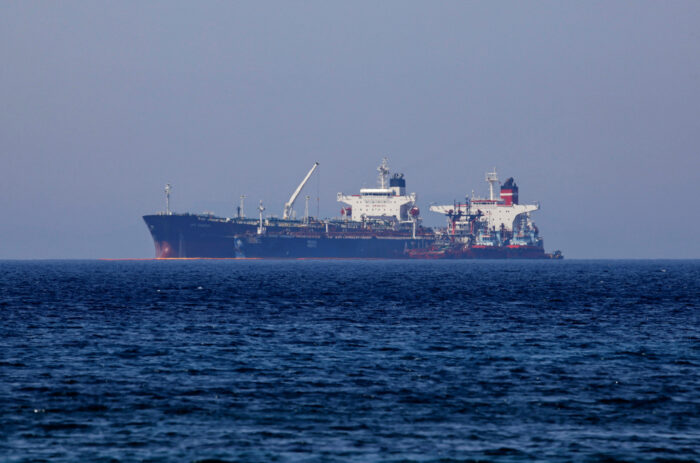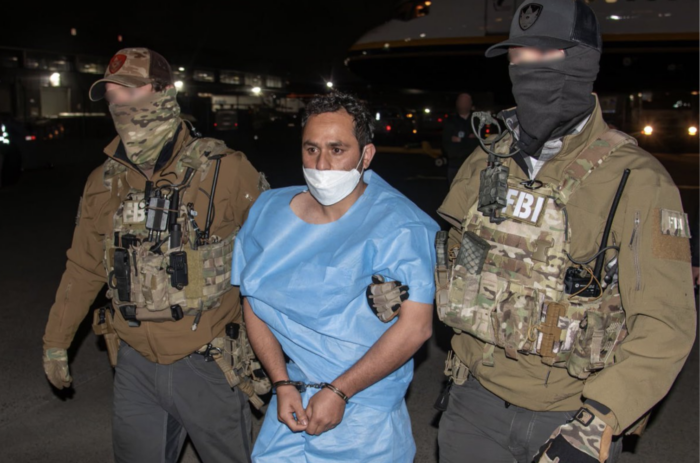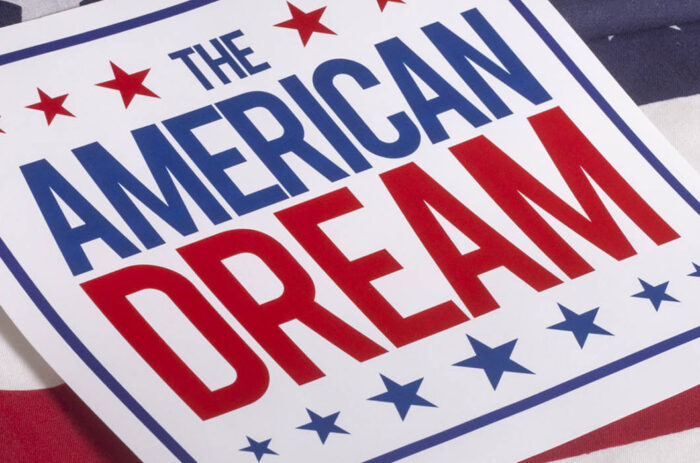redo Jump to...
print Print...
“Retail gasoline sales account for such a tiny part of BP revenues, the impact of even a massive boycott would be negligible,” said Phil Flynn, an energy analyst at Chicago-based PFG Best. “Such boycotts would end up hurting the wrong people.”
That’s because of the roughly 10,000 BP filling stations/convenience stores in the United States, the vast majority are independently operated, either by small regional distributors or individual franchise owners. All BP branded stores, as well as Amoco, which is owned by BP, are located east of the Rocky Mountains.
“I would urge consumers to think about who actually gets hurt with their boycotts,” said John Kleine, executive director of Savannah, Georgia-based BPAMA, a trade group representing BP and Amoco gas station/convenience store owners and operators. “Ultimately, small, local entrepreneurs and their families are the ones who get hurt, and not necessarily BP.”
Nevertheless, protests and boycotts appear to be heading into overdrive:
- At least two liberal leaning organizations, including the Washington, D.C.-based Public Citizen, the consumer watchdog group founded by Ralph Nader, and Democracy for America, a Burlington, Vermont-based political action committee, have begun anti-BP campaigns. The latter group is asking its 1 million members to boycott BP stations in a campaign that started last week and features bumper stickers that read “AnyoneButBP.”
- Jesse Jackson has called for a boycott of BP and appeared at a protest event in Chicago last week along with the head of the Illinois Sierra Club. …
- A Facebook page dedicated to promoting a BP boycott has gained a quarter-million fans in just a couple of days.
“Boycotts are popping up all over,” said Tyson Slocum, director of Public Citizen’s energy program. “These are symbolic acts taken by people who are outraged and frustrated. But this is a fitting response because, after all, BP over the years has spent millions promoting this image of being a green, environmentally friendly company. It was all for show. Boycotting their brand is the best way to counter that kind of charade.”
Scott Dean, a BP spokesman, said he understands the boycotts, and isn’t surprised by them.
“Of course people are frustrated, and let me stress that no one is more frustrated than we are,” he said. “All we can ask is that people withhold judgment until they have seen our full effort to contain and clean the Gulf and stop the leak, because it is all still ongoing, and we are sparing no expense.”
Dean agreed that boycotting BP stations would hurt small business owners, their families and their employees, much more than the company itself.
Meanwhile, BP’s problems continue to mount, with boycotts most likely at the bottom of the list. The Attorney General Eric Holder has announced there is a criminal probe ongoing, while shares of BP shed more than $20 billion in market cap.
BPAMA’s Kleine added that based on the conversations he has had with BP gas station owners there is deep concern, both over the spill itself, and over the potential backlash, such as boycotts.
“BP store operators are as concerned as anyone,” Kleine said. “Probably more so. This is their livelihood.”
Copyright © 2010 ABC News Internet Ventures.
Reprinted here for educational purposes only. May not be reproduced on other websites without permission from ABCNews. Visit the website at ABCNews.com.
Questions
1. Define boycott.
2. List the people/groups initiating boycotts of BP gas stations.
3. What is the goal of the boycotts?
4. Who is John Kleine?
5. Why does Mr. Kleine oppose the boycotts?
6. What do you think of the proposed boycotts of BP gas stations? Be specific.
NOTE: “Answers by Email” has ended for the summer–daily news postings will end June 11th — have a great summer!
Daily “Answers” emails are provided for Daily News Articles, Tuesday’s World Events and Friday’s News Quiz.



